eSports
The Importance of Mental Training in eSports Performance
Mental training esports is crucial for mobile gaming success. Learn actionable strategies and routines to sharpen focus, boost performance, reduce stress, and achieve consistent growth.
Advertisement
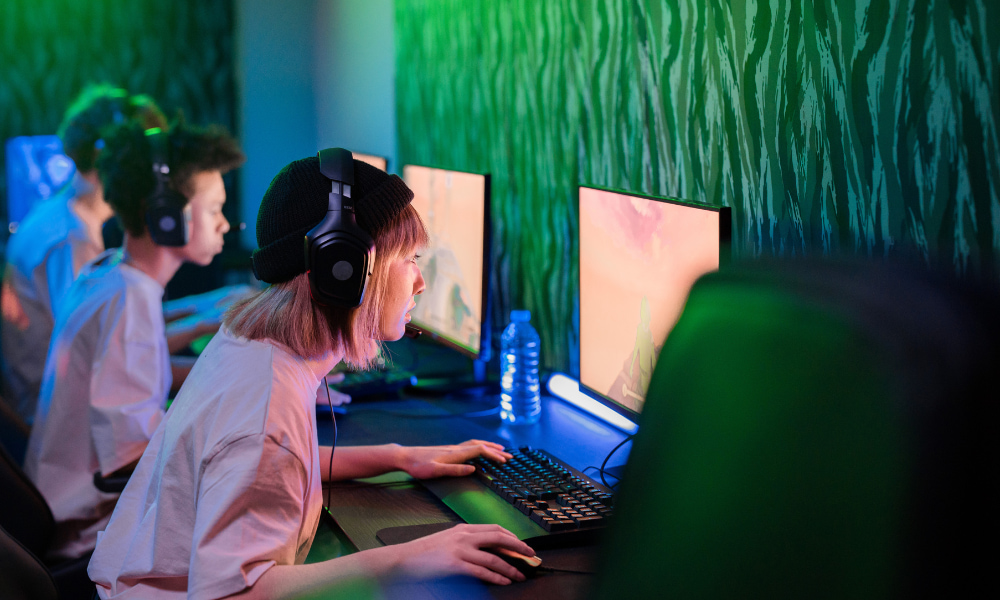
Focus and laser-sharp reactions make great mobile gamers stand out. But those who thrive at the top levels rely on much more than just their fast thumbs. There’s a growing recognition of how mental training esports programs can build true champions—beyond what the eye can see.
Competitive gaming requires physical ability, coordination, and rigorous practice, but psychological skills quietly influence every move and decision. For esports athletes and teams hoping to dominate, investing in mental training esports routines is crucial for winning consistency, stress management, and collaboration.
This article peels back the curtain on what mental training esports really means for mobile gaming success. You’ll find practical strategies and examples designed to help every gamer, whether competing solo or as part of a squad.
Sharpening Attention and Reducing Distraction in Crucial Game Moments
Sharp attention under pressure gives esports pros an edge. By actively applying mental training esports strategies, competitors improve focus, learn to filter distractions, and maintain performance no matter how chaotic in-game moments get.
Learning to direct attention intentionally can transform late-game decisions. When a player feels the match’s intensity escalate, focusing on breathing or fixing their gaze on a key objective cuts through external noise.
Use Brief Mindful Pauses Between Rounds
Resetting with a 30-second breathing exercise between matches calms the mind. Esports teams create rituals—like closing eyes or light stretching—so everyone signals readiness before the next battle starts in their mobile game.
Players in top teams say things like, “Let’s take ten seconds and reset,” then each focuses their attention on their breath or a phrase, pausing chat until it’s done.
This routine lets everyone enter a new round without carrying frustration or excitement from the last one. Over time, the association between this pause and improved focus strengthens.
Create Structured Pre-Game Routines
Leading esports coaches design specific warmups for the mind. For example, before a tough tournament, gamers go through the same order of actions: power up the device, set audio levels, and scan matchups—all with conscious awareness.
Syncing a pre-game checklist not only ensures technical settings are correct, but also cues players to shift into game mode mentally, reducing nervous chatter or impulsive tapping as the countdown begins.
Once a player follows this routine before every major match, performance becomes more predictable—even when external conditions (like an offline tournament or sudden crowd noise) change unexpectedly.
| Technique | Purpose | When to Use | Next Step |
|---|---|---|---|
| Breathing Reset | Lower arousal, focus | Before/after rounds | Insert into team rituals |
| Pre-Game Checklist | Boost preparedness | 15 mins before play | Customize your steps |
| Scripted Pep Talk | Build team tone | Just before match | Assign speaker role |
| Focused Visualization | Anticipate moves | On wake-up/game day | Picture key plays |
| Mental Refocus Trigger | Break tilt cycle | After bad round | Snap fingers, sit up |
Managing Stress Under Pressure with Smart Coping Strategies
Learning concrete coping skills helps gamers thrive when stakes spike. Adopting proven tools from mental training esports routines directly improves in-game decisions and curbs tilt or burnout in competitive mobile gaming.
By planning stress-relief strategies before major events, players create predictable responses to unexpected setbacks, helping teams stay connected and solutions-focused when issues hit mid-tournament.
Reframe Frustration With Action-Oriented Language
In a losing streak, a player might shift from “We always choke” to “Let’s review what changed these last two rounds and update our next call.” The focus returns to actionable details, not personal blame.
Using action-first language teaches team members to talk in specifics after mistakes, like “We forgot to rotate top.” This habit prevents spiral-blaming and cuts through growing negativity mid-series.
- Change the question to “What can we control right now?” for immediate calm, then focus attention on the mini-map, not chat drama.
- Start with “Next round, what’s our first step?”—create a fast-forward mindset, not a backward critique cycle, so anxious thoughts move forward constructively.
- Build a three-step reset plan: stand up, shake out hands, breathe for 15 seconds—activating the body physically breaks stress patterns instantly on the spot.
- Use short, positive scripts like “One bad round, not a bad match.” Say them aloud while re-adjusting posture for instant impact.
- Designate one teammate to call the mental reset: when things go off track, having one person say “Eyes ahead” brings unified focus back fast.
Stressing less about what already happened opens up cognitive space for tactical improvements and creative plays in the next round.
Visualize Upcoming Challenges with Step-by-Step Mental Rehearsal
Mentally rehearsing objective captures or difficult scenarios before a match helps players predict personal stress triggers in advance. They walk through their role, see obstacles, and confirm backup plans calmly in their mind.
Run these visualizations with realistic timing, using actual voice callouts you’ll say in the game, such as “Setting up for blue buff invade.” This bridges thought with real action and strengthens adaptive responses.
- Picture a match’s first minute: note what to look for (map awareness), what call to make (rotations), and what mistake to avoid (overextending).
- Identify opponent playstyles: imagine noisy distractions, and choose a go-to internal cue (“Slow down” or “Focus on my lane”) to steady yourself.
- Sync with teammates: tell them your expected stress moment, like “If they rush, I’ll breathe before I act, so wait for my signal.”
- Walk through entire win/lose cycles, accepting minor errors mentally, so if they happen, your brain reacts calmly and regroups quicker.
- End with “Ready for anything”—a brief phrase said out loud before locking in your champion or loadout.
Adding visual rehearsal to mental training esports ensures everyone mentally arrives match-ready, boosting team cohesion and confidence for even the toughest game days.
Building Consistent Habits for Daily Mobile eSports Progress
Players aiming to improve sustainably structure daily routines around mental training esports to balance self-discipline and rest. This section shares actionable habits for anyone striving for growth in mobile competitive gaming.
Intentional practice routines support focus, while reflecting on wins and losses teaches what to change. Concrete checkpoints and rituals keep motivation high, even in long grind seasons.
Anchor Your Day with Morning and Evening Reflections
Start the morning by setting a specific daily focus (like “React calmly to unexpected ganks”). Say it out loud before opening the mobile game app to fix the intention for the day.
After playing, end with an evening review. Ask, “What mental win did I have today?” This closes the day on growth, not just results, and reinforces positive change internally.
Tracking these patterns each week helps players see improvement and makes it easier to introduce new mental training esports exercises into their schedules with confidence.
Segment Out Dedicated Non-Screen Time
Deliberately schedule daily activities where the phone is off limits, like walking outside or creative hobbies. This preserves cognitive stamina and grants space for ideas and emotional resetting.
Physical breaks cue the brain to relax outside of games. Over time, these boundaries reduce burnout, boost motivation, and allow for sharper in-game performance when it matters most.
Mental training esports isn’t just what you do while practicing, but also extends to how you refresh and recharge between plays.
Energizing Team Communication Through Intentional Mindset Shifts
Effective communication lifts team synergy in stressful moments. Focusing on communicative mental training esports techniques keeps everyone anchored in shared goals—even when matches are tight or setbacks surprise the group.
When team communication feels shaky, intervening quickly with mindset resets prevents frustration from escalating and lets players pivot toward creative plays and trust-building.
Build a Shared Language for Confidence and Redirection
Mobile gaming teams set keywords like “reset,” “focus up,” or “let’s regroup,” using them as verbal signalers to reinforce unity and keep everyone synced when the pressure hits.
Intentionally practicing these cues during scrims forms a habit, so live tournament play feels smoother and less prone to emotional hiccups.
This builds a reliable, shared response—if someone feels frustration in their voice or posture, hearing the keyword triggers a quick attitude adjustment and focus return.
Encourage Constructive Feedback Loops
Teams that embed fast feedback cycles can fix errors mid-match. For example, a player says, “Nice save, but next time call earlier,” which spotlights improvement with encouragement, not blame.
Practicing this in every scrim keeps egos calm, making room for honest problem-solving instead of emotional outbursts.
Ultimately, this mental training esports habit becomes second nature, helping everyone feel supported and primed to adapt as play unfolds.
Integrating Mental Conditioning for Sustainable Success in Mobile eSports
True gaming excellence today comes from combining execution, teamwork, and honed mental training esports skills. Consistent effort in these skills builds composure, sharpens decision making, and creates harmony between thinking and acting in every game.
Bringing structure to mental routines transforms fleeting success into season-long progress for both individuals and teams, especially across intense mobile gaming landscapes.
Start implementing even one technique this week—like a pre-game reset or evening reflection—and you’ll notice momentum building toward a sharper, more resilient, and winning mindset.
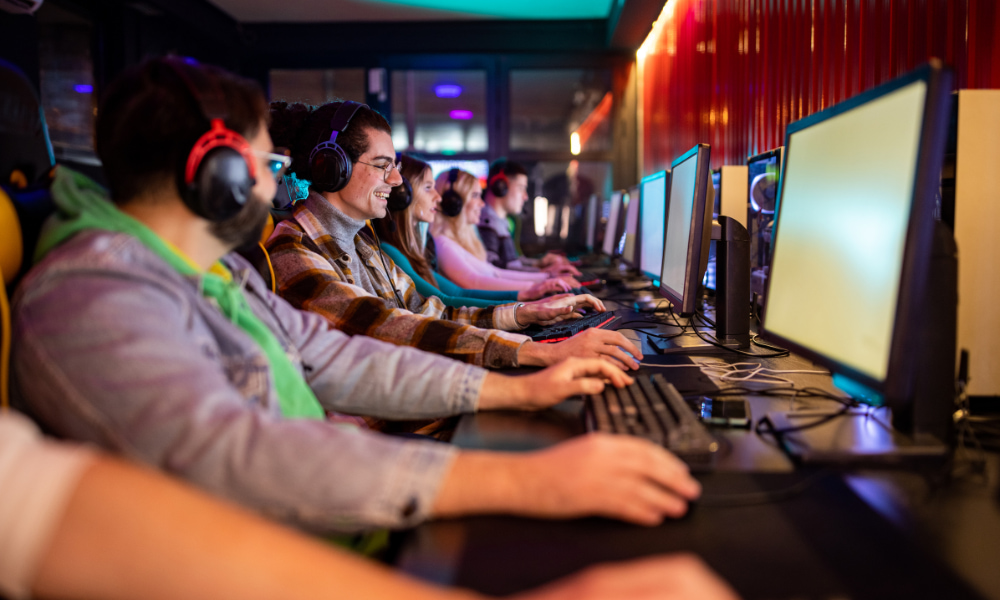
How to Choose the Right eSports Game to Compete In
Choosing the right eSports game aligns your skills, hardware, and playstyle for success, growth, and long-term enjoyment.
Trending Topics
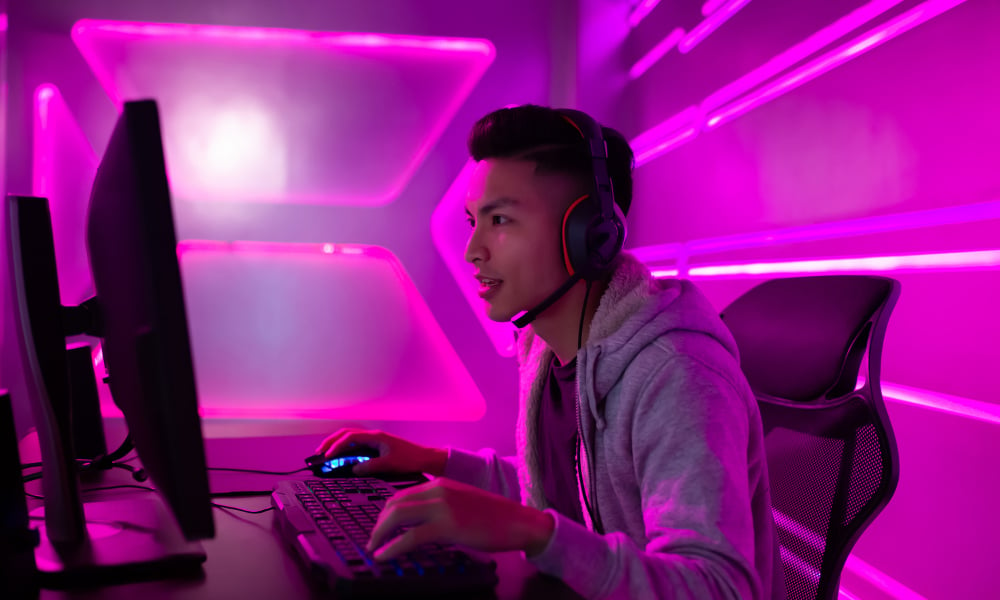
Tips for Choosing the Best Open-World Game for You
Find the perfect open world game for your playstyle with tips on exploration, progression systems, accessibility, and immersive features for mobile gaming.
Keep Reading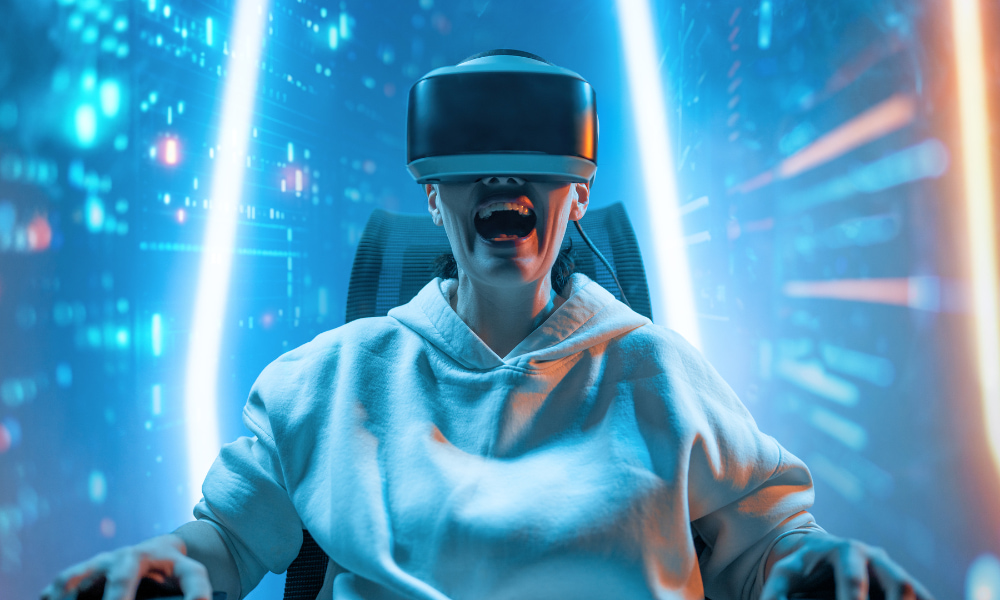
Virtual Reality Sports Games: The New Frontier for Gamers
Experience the thrill of VR sports games with tips on maximizing immersion, improving performance, and enjoying fitness benefits from home.
Keep Reading
The Best RPG Experience on Mobile: Games You Need to Try
Explore immersive worlds with mobile RPGs! Choose your style, strategize progress, and make every decision count for the perfect adventure.
Keep ReadingYou may also like
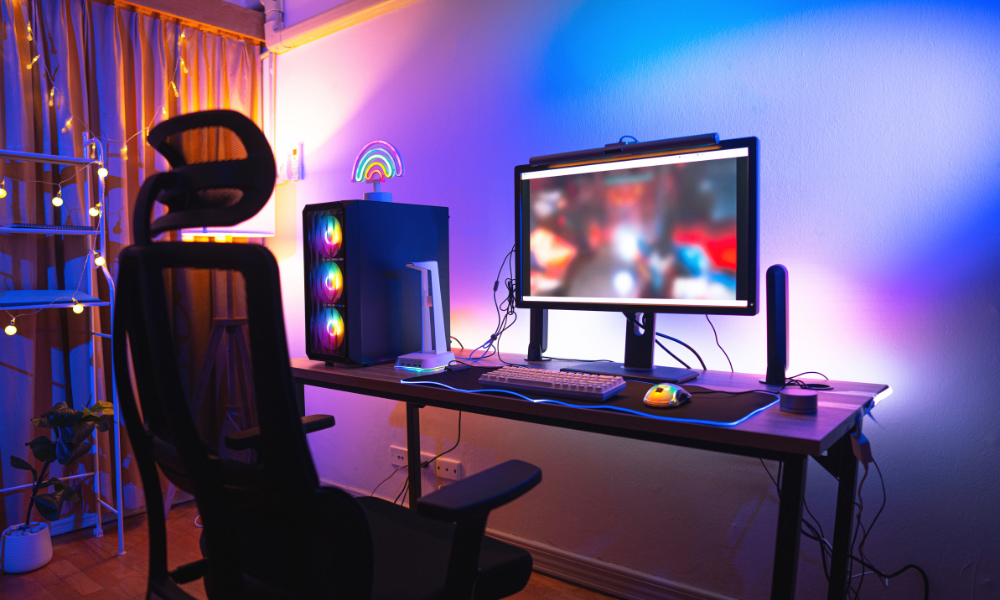
How to Build the Best Strategy in Real-Time Strategy Games
Master real-time strategy games by setting clear goals, optimizing resource management, and adapting quickly to shifting challenges.
Keep Reading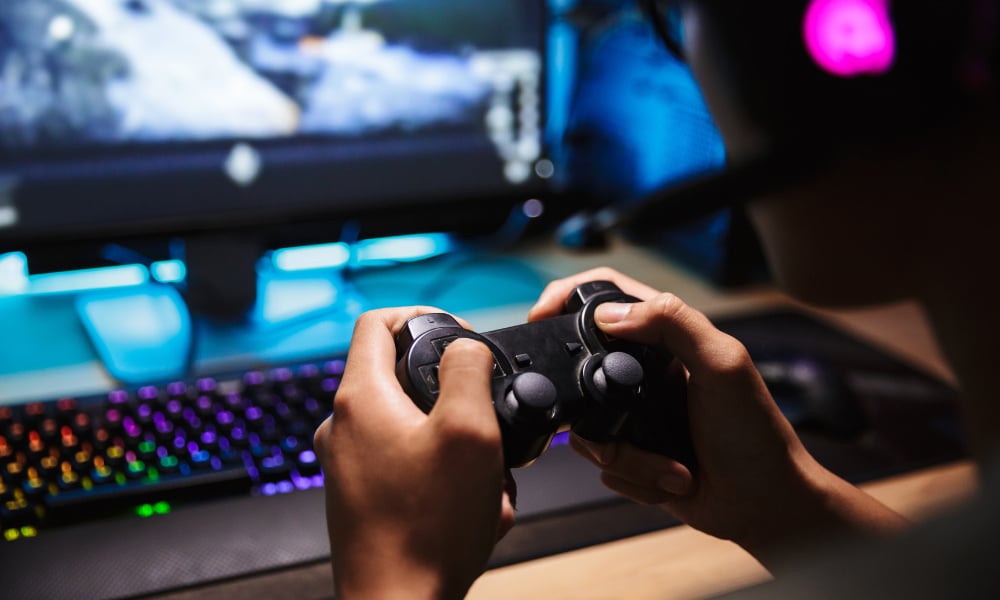
How to Deal with Frustration in eSports Matches
Learn to manage eSports frustration with strategies like early identification, micro-breaks, and mindset shifts to stay focused and perform better.
Keep Reading
How to Avoid Bugs and Errors in Popular Mobile Games
Master the game by minimizing bugs! Use device routines, clear connections, and join communities for smooth, glitch-free gaming!
Keep Reading